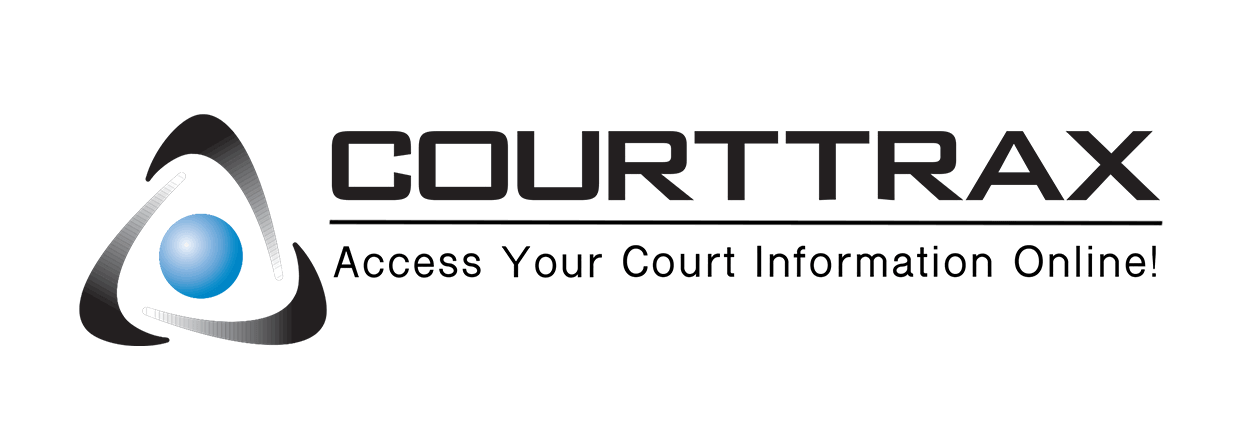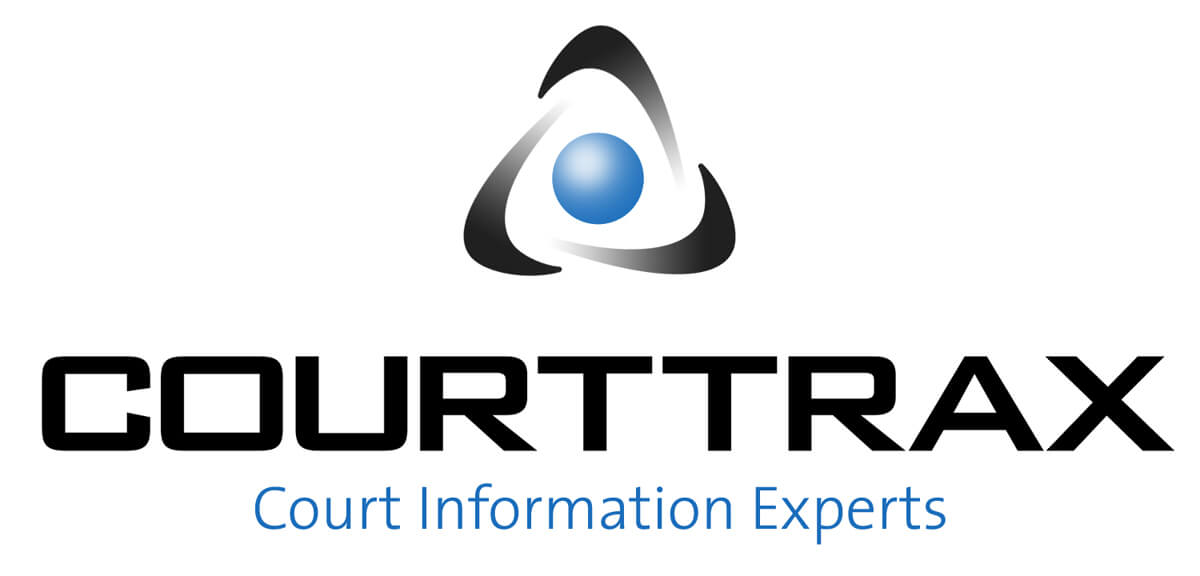Landscape of AI and Cybersecurity in 2024
As we move through 2024, the United States is experiencing significant shifts in the legal landscape, driven by rapid technological advancements and increasing concerns over data security. Among the most pressing legal issues this year are Artificial Intelligence (AI) Regulation and Intellectual Property, and Cybersecurity and Data Privacy. These topics are not only reshaping the way businesses operate but also influencing legislative priorities across the country.
- Artificial Intelligence (AI) Regulation and Intellectual Property: AI continues to be a major focus in 2024, impacting various legal areas including data privacy, intellectual property, and employment law. The rise of generative AI tools has prompted new regulatory scrutiny and legal challenges, particularly around data usage and copyright issues. States are actively drafting new legislation to manage AI’s implications on data privacy, while courts are addressing whether using copyrighted materials to train AI models constitutes “fair use.” States seeing the most activity include California, New York, and Washington, which are leaders in tech innovation and regulation.
- Data Privacy Concerns: With the rapid advancement of AI technology, there is a growing concern about how personal data is being used and protected. AI systems often require vast amounts of data to function effectively, which can include sensitive personal information. This has led to new laws aimed at protecting people’s data privacy. For example, states like California and New York have introduced strict regulations that require companies to inform users about data collection and give them the option to opt-out. These laws ensure that personal data is not misused or exposed to unauthorized parties.
- Intellectual Property Challenges: AI has the capability to create new content, such as music, art, and literature, which raises questions about who owns these creations. Traditionally, intellectual property laws are designed to protect human creators, but with AI generating original works, there’s a need to update these laws. Courts and lawmakers are debating whether AI-generated works can be copyrighted and, if so, who holds the rights—the AI developers, the users, or the AI itself. This ongoing discussion is crucial for industries relying on AI to innovate and create (LegalTech Solutions) (JD Supra).
- AI in the Workforce: The use of AI in the workplace is increasing, from automating tasks to making hiring decisions. While this can boost efficiency, it also brings legal challenges regarding employment rights and discrimination. Laws are being developed to ensure that AI systems do not unfairly discriminate against certain groups and that employees’ rights are protected. For instance, regulations may require transparency in AI decision-making processes and accountability for any biased outcomes. This ensures that AI is used ethically and fairly in the workplace.
- Cybersecurity and Data Privacy: With data becoming an increasingly valuable asset, states are implementing new privacy laws to protect personal information. Laws similar to the California Consumer Privacy Act (CCPA) are being enacted in states like Utah, Texas, Florida, and Oregon. These laws give consumers more control over their data, including rights to access, delete, and correct personal information. The push for stricter data privacy regulations is driven by the growing integration of AI and the rising number of data breaches, making cybersecurity a top concern.
- Increase in Data Breaches: Data breaches have become more common, affecting millions of people each year. Hackers are constantly finding new ways to steal personal information from companies and government agencies. When these breaches occur, sensitive data like social security numbers, credit card details, and personal addresses can be exposed. This has led to stricter laws to protect data and ensure companies take stronger measures to keep information safe. States like California and Texas have enacted new regulations that require companies to improve their cybersecurity practices and notify individuals quickly if their data is compromised (Practus, LLP) (JD Supra).
- New State Privacy Laws: Many states are passing new laws to protect people’s personal information. For instance, the California Consumer Privacy Act (CCPA) gives residents the right to know what personal data companies collect about them and how it is used. Other states like Utah, Oregon, and Florida have also introduced similar laws. These laws are designed to give people more control over their personal information and to hold companies accountable if they misuse data. This means businesses must be very careful about how they collect, store, and share personal information.
- Advancements in AI Technology: As AI technology advances, it is being used more frequently to process large amounts of data. While AI can help improve efficiency and provide new services, it also raises concerns about data privacy. AI systems often require access to vast amounts of personal data to function effectively. This has led to new regulations to ensure that AI technologies are used responsibly and do not violate people’s privacy. Laws are being developed to govern how AI can access, process, and store personal data, ensuring that these technologies are used in a way that protects individual privacy.
Similar Articles




